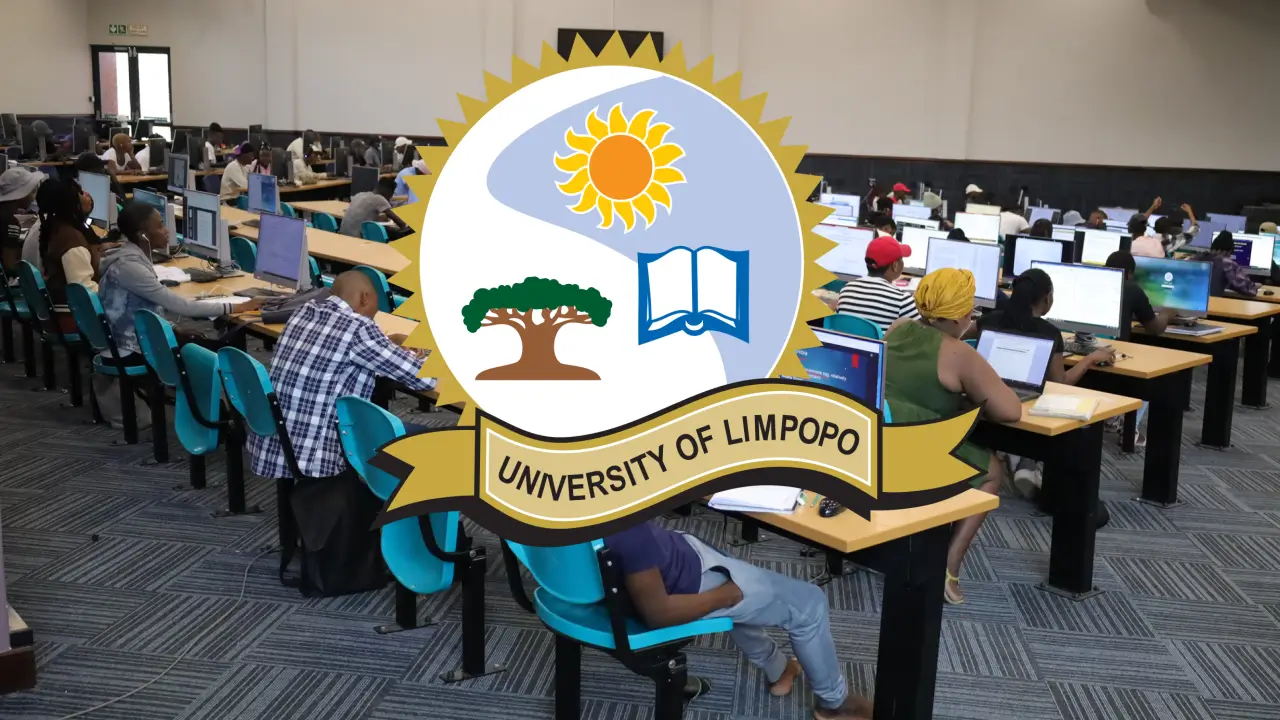The University of Limpopo (UL), nestled in the scenic foothills of the Hwiti Mountains near Polokwane, has a rich history shaped by resistance, transformation, and academic growth. Here’s a curated list of 20 key facts about this unique South African university:
Founding & History
- Founded on 1 January 2005, the University of Limpopo was created through the merger of two institutions: the University of the North (Turfloop) and the Medical University of South Africa (MEDUNSA).
- The University of the North, known colloquially as Turfloop, was established in 1959 as part of the apartheid regime’s system of racially segregated education.
- The university was located on Turfloop Farm, approximately 40 km east of Polokwane (formerly Pietersburg).
- Under apartheid, it was a “model” university for black South Africans, but this status came with political baggage and limited freedoms.
- The university town was officially named Sovenga, a portmanteau of Sotho, Venda, and Tsonga, but locals commonly refer to it as Mankweng.
- The Medical University of Southern Africa (MEDUNSA) became the Sefako Makgatho Health Sciences University in 2015, splitting from UL.
- Turfloop became a hub of anti-apartheid resistance in the 60s, 70s, and 80s, often occupied by the South African Defence Force (SADF).
- After the University of the North Act (Act 47 of 1969), the institution gained university status on 1 January 1970.
Campus & Location
- UL is located in the foothills of the Hwiti Mountains (Wolkberg range), offering scenic views and a rural-meets-urban campus environment.
- The main campus lies in Mankweng township, conveniently situated between Polokwane and Tzaneen.
- The campus features Onkgopotse Tiro Hall, named after the student activist expelled for challenging apartheid education policies — later martyred for his political activism.
Academic Structure
- UL consists of four faculties:
- Humanities
- Management and Law
- Science and Agriculture
- Health Sciences
- The School of Medicine is part of the Faculty of Health Sciences, continuing the legacy of MEDUNSA.
- The Turfloop Graduate School of Leadership (TGSL) offers advanced management and leadership training, primarily targeting postgraduate students.
- The School of Mathematical and Computer Sciences supports growing demand for careers in tech and data science across Africa.
Cultural & Social Significance
- UL is a symbol of resilience, having evolved from a restricted apartheid-era institution into a leading public university committed to inclusive education.
- Its early years were marked by mass protests, government crackdowns, and student activism — which deeply shaped its identity.
- The university continues to attract students from across South Africa and neighbouring countries, especially those from rural communities.
Research & Impact
- UL is involved in rural health research, environmental sustainability, and African indigenous knowledge systems, making it a valuable institution for local and global scholarship.
- The university partners with various institutions and government bodies to address social and economic challenges in Limpopo and beyond.





